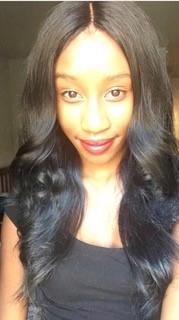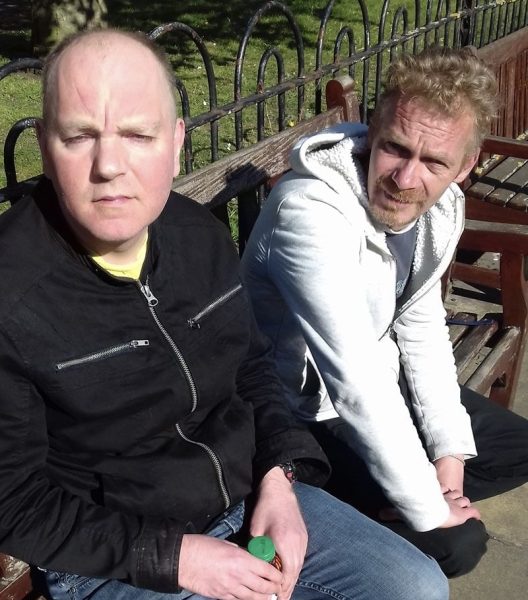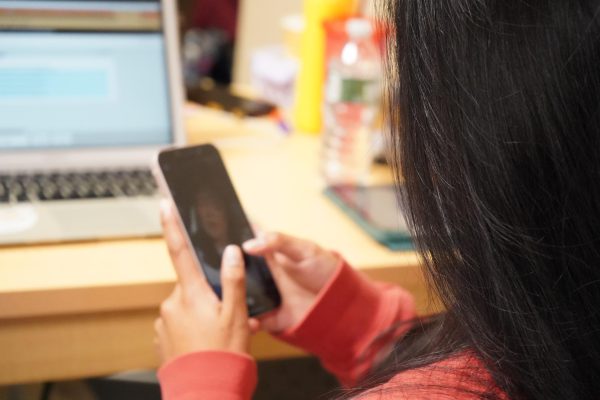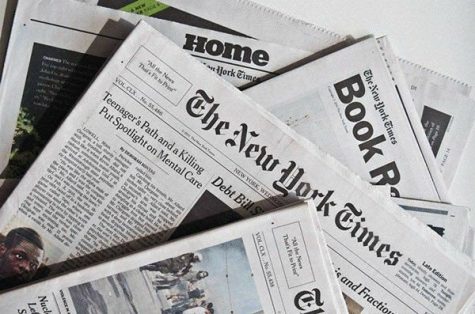It Is More Than Just Hair
The beginning of the natural hair movement can be traced back to the early 2000s in America, when Black women began to embrace there given Afro-textured hair. As more and more Black American women decided to ditch chemicals that altered their authentic hair texture, their actions encouraged other women from around the globe to do the same.
Many Black women in the workplace have to deal with certain standards. These standards often are not built for Black women, as they ignore that they have kinky and coarse natural hair and they fail to understand that for a black woman to have straight hair it’s very expensive, it takes time, harsh chemicals, use heat and wigs or weaves to achieve.
Fashion model, Jourdan Dunn had once tweeted about her frustration about the lack of hair and makeup preparation behind the scenes. Even the iconic Naomi Campbell shared her past experiences about having to do her own hair and makeup backstage because the team wasn’t qualified. It’s very disappointing to hear that woman of color are still encountering these kinds of issues in the present time.”
Just recently there has been an incident where her manager told Destiny Tomkins, a black woman that her box braids were “unprofessional, urban and unkempt.” The manager then said that she wouldn’t be scheduled for shifts until she took her braids out. Later we learned that this manager has been fired. The main issue with this is that America has never bothered to understand Black hair, but rather has expected that Black woman conform their hair to the Eurocentric beauty standards such as long, straight locks.
Kaiandrea Watson, a manager at Applebees is a natural haired woman that feels forced to always where her hair straightened. “I feel that I have to avoid wearing my natural hair in the workplace, I know that it makes others feel uncomfortable and I don’t like being stared at.” Black woman have to face the fact that society just isn’t ready for a natural haired black woman. “I remember the first time I wore my natural hair, I was doing a presentation. During the presentation I was rudely interrupted by comments about my hair. I just ignored it and continued in with my presentation. For Watson, this was the first and last time she ever wore natural hair in the workplace.
To be a Black professional woman in the white- centric corporate space is to be constantly aware of how you fit in or if you don’t and to be constantly battling the preconceptions that your while colleagues have about your character and capabilities due to the pervasive negative stereotypes about Black woman. Every time a Black woman chooses to relax their hair rather than wear their hair in a natural style because natural hairstyles such as twist, corn rolls, braids, or dreadlocks are viewed as wild, extreme or unprofessional.
Araba Osei-Sarpong, a natural hair YouTube had once has very long relaxed hair. “I remember the day I went natural. I was watching a TV show and they were discussing how black woman wearing their natural hair at work is unprofessional. I was disgusted. After watching that, I went to the bathroom and chopped all my relaxed parts of my hair off. Making a move like that in this society is very empowering. “A little while after that I started a YouTube channel to help girls learn how to care about their natural hair. A lot of people were interested to watch and I was happy to teach them”. You see more and more Black woman embracing their hair and inspiring others that being themselves is perfectly fine and important.
“I was working at a security office at the time, they were going through a list of new rules, no fake nails or polish, and my manager looked at me and said “that will be a problem”, pointing at my natural puff as he said it.” says Abigail Richards. This is another example of a women who wore their hair in an Afros, twist, dreadlocks or braids not because of some hair trend, but because these styles are essential for their texture of hair. “After he made that comment I asked him what was the problem with wearing my natural hair, he quickly brushed it off and never brought it up again. I love my natural hair, but I also never felt so disrespected,” says Richards.
Kelli Gordon, a student at Manhattanville College believes that her natural hair has had an impact no her career. “I was heading to a meeting in White Plains, I had a twist out in my hair. Before entering the conference room I was asked to pull my hair back into a ponytail. I didn’t see how something that can grow from my head could be such a distraction.” This is another example of a Black woman not trying to represent something deep, but just a woman being naturally who she is. “I come to work in a professional manner always. I wake up every morning to my natural hair and I don’t see anything wrong with it and neither should to people at work,” says Gordon.
For some woman, wearing their hair in a natural state is just that. There are some woman that where there hair in their natural state to make a point. Either way, it is very important for the black woman to be able to wear the their hair as is. There have been enough of hair companies, stylist, and the media trying to hide it. If it weren’t for the many woman making natural hair videos on YouTube, for the celebrities such as Solange, Yara Shahidi, and Traciee Ellis Ross, and for the natural haired everyday working woman of the world, this issue would still be ignored. Thanks to the natural hair movement, more children are aware that there is no need submit to conformity. They are now becoming aware that their Afro-aesthetic is beautiful and it does not need to be mindlessly altered into something else. Black woman shouldn’t feel compelled to conform to a grooming standard that mandates we suppress our cultural roots and identity. Instead, we should expect and demand to be judged by our performance and the strength of our ideas.

Tiffany has always had a particular fascination with the media industry, especially the “ behind the scenes” or brains of the project. She grew up...







